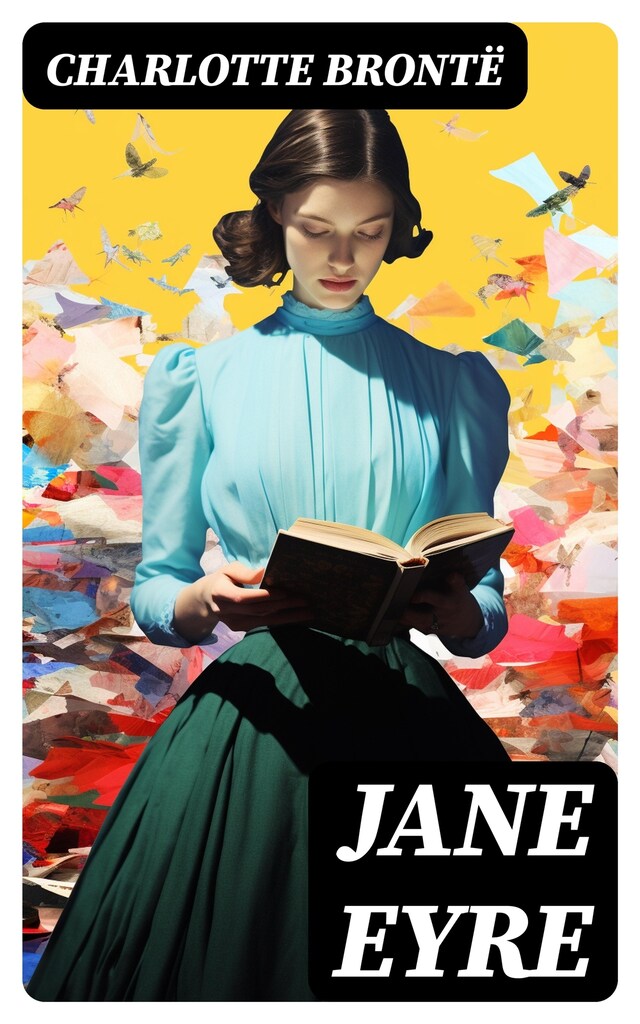
Jane Eyre
Om bogen
In "Jane Eyre," Charlotte Brontë presents a richly textured narrative that intertwines themes of love, morality, and social critique within the framework of a Gothic romance. The novel follows the life of its eponymous heroine, Jane, as she navigates the oppressive structures of Victorian society, seeking autonomy and belonging. Brontë's use of first-person narration immerses readers in Jane's inner turmoil, while her lyrical prose captures the stark contrasts between passion and restraint, social class and personal agency. As a pioneering work in feminist literature, "Jane Eyre" challenges normative gender roles and advocates for emotional and intellectual independence. Charlotte Brontë, one of the renowned Brontë sisters, drew upon her own experiences of isolation and societal restrictions in crafting "Jane Eyre." Born in 1816, Brontë faced the limitations imposed on women of her time, which informed her creations. The loss of family members and the impact of her upbringing in a clergyman's household added depth to her exploration of the themes of love, identity, and resilience, making Jane's journey profoundly relatable and universal. "Jane Eyre" is a timeless classic that continues to resonate with contemporary readers. Its profound insights into human nature, combined with Brontë's compelling storytelling, make it a must-read for anyone interested in literature that scrutinizes personal agency amidst societal constraints. This novel is not merely a tale of romance; it is an exploration of the struggle for self-determination and integrity, making it essential for both literary scholars and casual readers alike.
 Charlotte Brontë
Charlotte Brontë 634 Sider
634 Sider